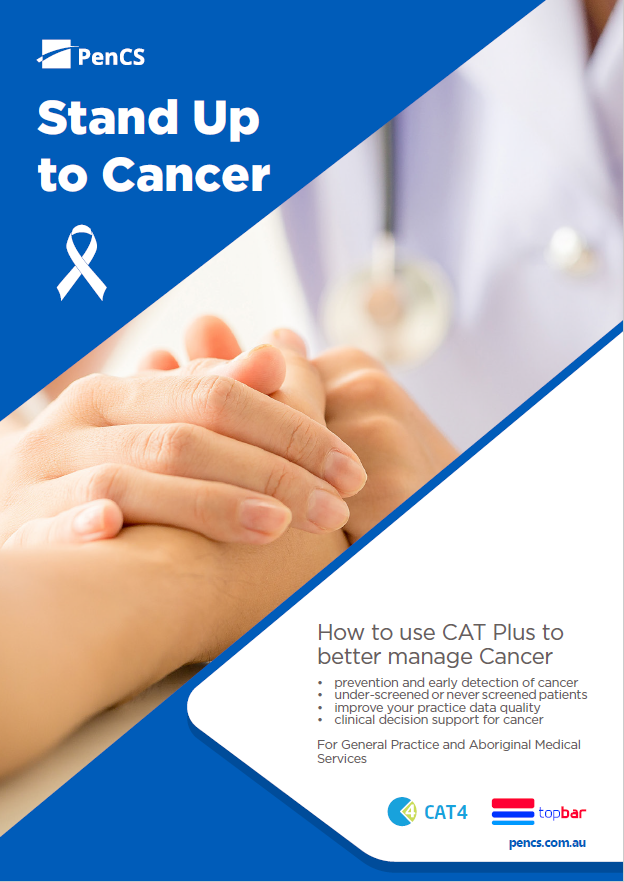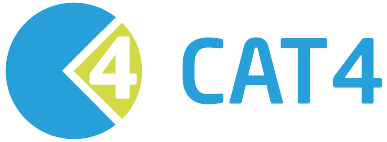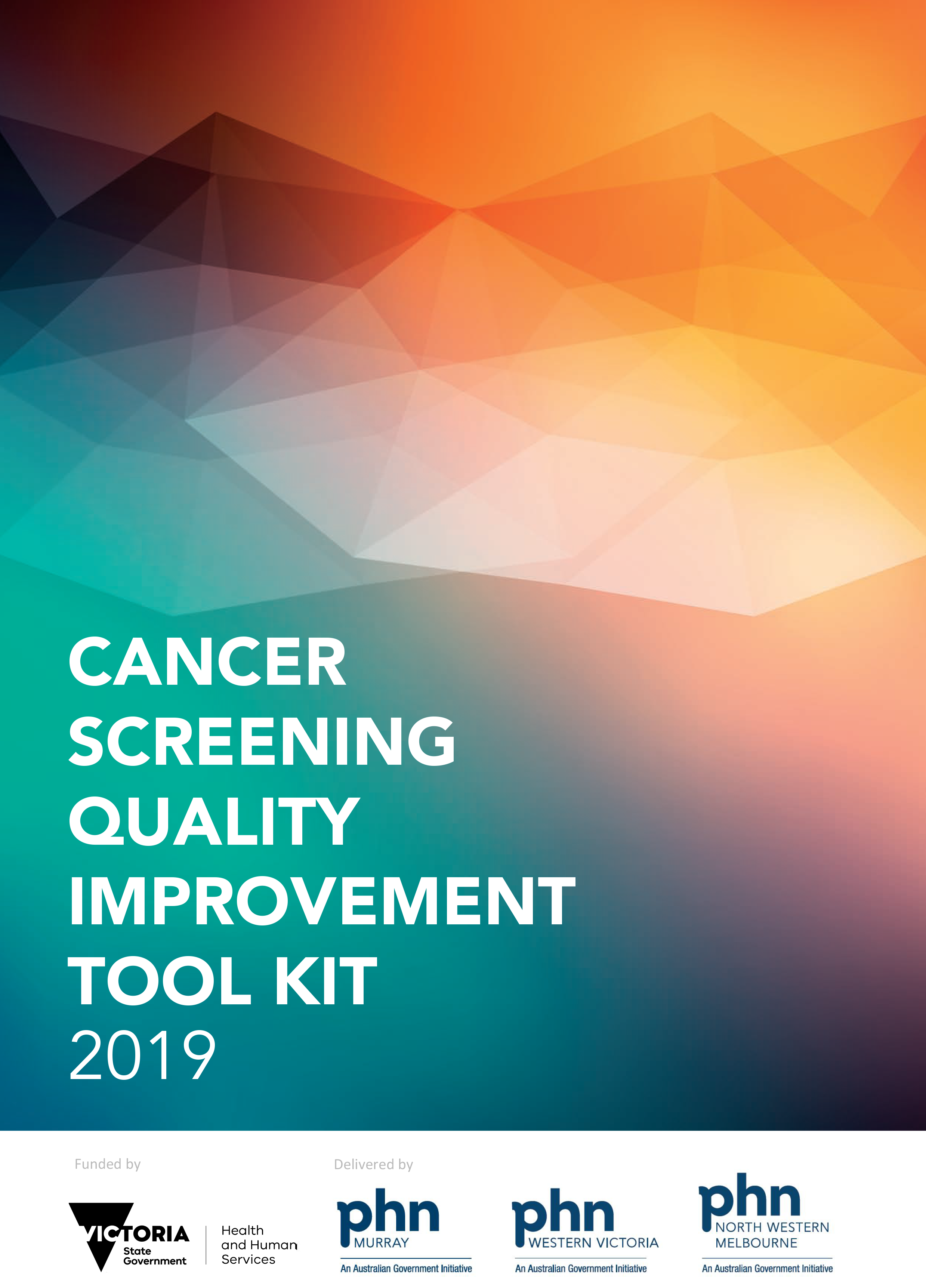
By the Primary Health Care Improvement Team, North Western Melbourne Primary Health Network.
People with breast, cervical and bowel cancers detected through national cancer screening programs have better cancer survival outcomes than those diagnosed who had never been screened.
Some figures:
- 6 out of 10 eligible people are not participating in the National Bowel Cancer Screening Program.
- 4 out of 10 eligible women are overdue for a screening mammogram.
- 4 out of 10 eligible women are overdue for cervical screening.
- People from Aboriginal and Torres Strait Islander, and culturally and linguistically diverse, backgrounds are less likely to participate in bowel, breast and cervical screening.
People are more likely to attend cancer screening when they are reminded to do so by their primary care provider.
- General practice can have an influence on cancer screening by reinforcing screening invitations and reminders sent from screening registries
- Identify patients who are over-due for screening or who have never screened and engage with these patients about the importance of cancer screening
CAT4 resources
CAT4 have developed a number of resources that can assist you to implement cancer screening quality improvement activities in your practice.
Stand up to Cancer Toolkit: How to use CAT Plus to better manage cancer
The Cancer Booklet demonstrates to practices how to better manager cancer using their CAT Plus software and improve the data quality of patient records.
Topics covered include:
- Prevention and early detection of cancer
- Detection of under-screened or never screened patients
- Improving your practice data quality clinical decision support for cancer screening
General practitioners can download an electronic copy from the Pen CS website.
Recipes to help you to identify your patients using CAT4 
These recipes can be used in conjunction with cancer screening quality improvement tools and resources, including cancer screening reminder templates and workflows.
Establish and monitor cancer screening participation rates:
- Bowel Cancer Screening Participation Rate
- Breast Cancer Participation Rate
- Cervical Cancer Participation Rate
Invitation recipes – identify patients who will soon become eligible for screening:
- Patients turning 50 in the next three months eligible for bowel and/or breast screen
- Patients who turned 25 in the last three months eligible for cervical screening
Reminder recipes – identify patients who have been screened and who are due to return to screening:
- Patients eligible for the NBCSP, with a FOBT recorded in the previous 27 months and an even numbered birthday in the next 3 months
- Patients 27 and older with a previously recorded Pap/CST who are due to return to cervical screening in the next three months
- Patients aged 52 – 74 with a previously recorded mammogram in the last 24-27 mths who are eligible and due for breast screening in the next 3 months
- Patients due to return to all three screening program in the next three months
Never screened/Overdue recipes – identify patients who are overdue for screening or who have never screened:
- Patients eligible for the NBCSP aged 50 years and 4 months or older
- Patients eligible for BreastScreen aged 50 years and 4 months or older
- Patients eligible for cervical screening aged 25 years and 4 months
- Patients who have never been screened or are overdue to screen for more than one screening program
Optional steps to add Topbar prompts or recall:
Optional step to combine the above searches with MBS items such as GPMP and/or TCA eligibility
NWMPHN Cancer Screening Toolkit 
The North Western Melbourne Primary Health Network Cancer Screening Toolkit has been developed for general practices wishing to increase the uptake of cancer screening programs within their practice. The toolkit includes quality improvement activities that are designed to enhance knowledge and strengthen systems to increase cancer screening.
Topics covered:
- Data management – for example: setting baselines and goals
- Recalls and reminders
- Team-care approach to cancer screening
- Strategies and enablers to improve screening rates
The tool kit is available as a single file or as individual sections.
Disclaimer: This article was provided by NWMPHN. While every effort has been made to ensure the information is accurate, North Western Melbourne Primary Health Network does not warrant or represent the accuracy, currency and completeness of any information or material included within.




